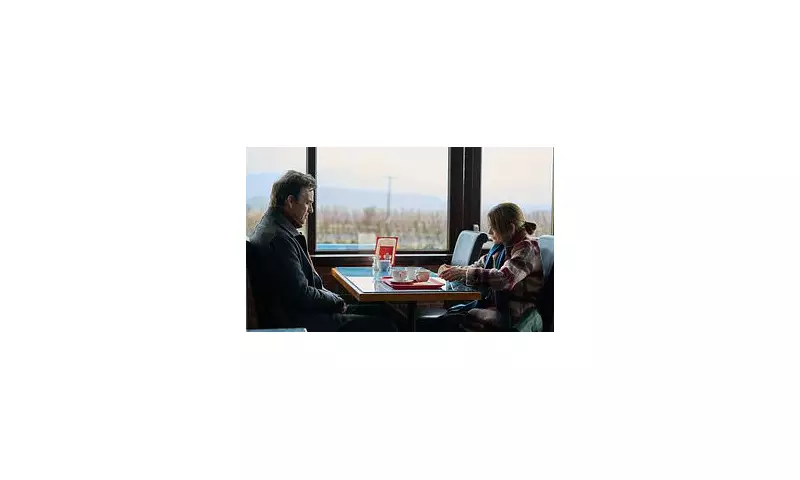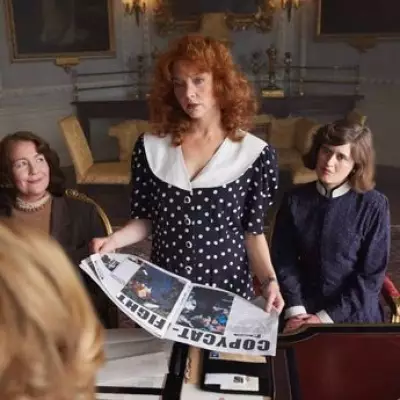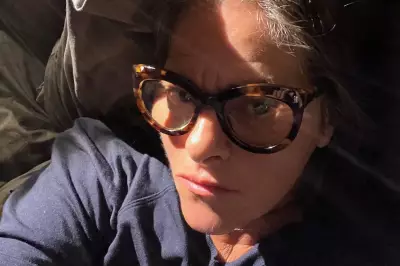
A special circle in hell must surely exist for those who manage to ruin your precious summer holiday. Imagine endless rain, sadistic passport officials, and drunken stag parties all rolled into one nightmare scenario.
A Peaceful Escape Turns Sour
Steve and Justine, the central characters in Channel 4's new drama Summerwater, have made every effort to escape their everyday lives. They've taken their two adolescent children to a collection of rental cabins nestled beside a Scottish loch in the Highlands.
The location promises complete isolation - there's no internet and barely any phone signal. The only potential disturbance, one might assume, would be the clashing antlers of red deer or perhaps the morning skirl of bagpipes drifting from the nearby Balmoral estate.
However, their peaceful retreat is shattered when one cabin becomes occupied by a group of media types determined to party. They've brought their own sound system and enough coloured lights to decorate Blackpool Tower.
Psychological Unravelling in Paradise
Why Steve and Justine endure this nightly disturbance remains unclear throughout the opening episodes. They repeatedly stomp outside to glare at the noisy neighbours but appear too intimidated to confront them directly.
The identity of these ravers and their reasons for choosing Britain's remotest region to make such a racket won't be revealed until Tuesday's third episode. Each instalment of Summerwater focuses on a different family within the cabin community.
The series opener centres on Justine, portrayed by Valene Kane, and her mental breakdown. Set against the stunning backdrop of a Scottish Highland loch, Summerwater will particularly appeal to fans of the cult classic Twin Peaks, as noted by Christopher Stevens.
Literary Roots and Eerie Visions
This six-part adaptation draws from Sarah Moss's disturbing psychological novel, which employs sophisticated literary techniques to create an atmosphere of otherworldliness. The original book features chapter headings composed of poetic fragments written without capital letters, such as 'the audacity of small craft' and 'other silent swimmers'.
Director Robert McKillop translates this stylistic approach to television through scenes that deliberately roll in and out of focus, with edges blurring to enhance the dreamlike quality.
Justine suffers from heart disease and experiences blackouts, yet she persists in undertaking long runs of almost suicidal intensity. During one dawn exercise session, she collapses and awakens in a fairytale vision at a tumbledown woodland shack adorned with lace curtains and tarnished mirrors.
Inside this mysterious structure, she encounters a man and woman who appear to be ghosts, and the fantasy takes an unexpected erotic turn.
Meanwhile, police attempt to contact Justine regarding a complaint from a colleague who alleges she keyed her car and threatened her with a kitchen knife. These events appear in flashbacks accompanied by music that echoes like nightmare fragments.
Viewers familiar with Twin Peaks will enjoy identifying parallels between the series. When Justine stands over her husband Steve, played by Daniel Rigby, while clutching a hammer, viewers are left wondering: is she possessed by evil spirits from the haunted shack, or is she simply a deeply troubled woman seeking escape from life's pressures?
And in either case, couldn't those selfish swine in the party cabin just turn the noise down?






